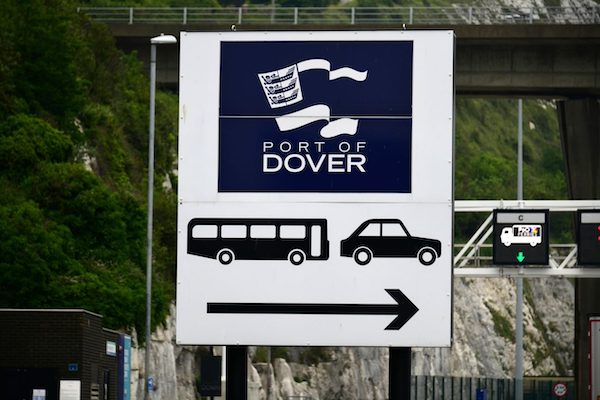The UK government is proactively addressing potential travel disruptions due to the new EU Entry/Exit System (EES).
- Concerns centre around queues and delays at major entry points like the Port of Dover, Eurostar, and Eurotunnel.
- The EES mandates biometric checks including fingerprint scans and photographs for British travellers entering the EU.
- Home Office is negotiating with the EU for emergency measures to speed up processing during peak times.
- These measures are positioned to smooth transitions and reduce processing times for UK travellers.
The UK government is taking decisive steps to manage possible travel interruptions arising from the introduction of the EU’s new Entry/Exit System (EES). Set to be enforced starting from November 17, the system will introduce biometric checks, such as fingerprint scans and photographs, at key entry points including Dover, Eurostar, and Eurotunnel. The objective is to improve security, but it may lead to increased queues and wait times, especially during peak travel periods.
There is particular concern about the summer travel season when the volume of travellers is highest. The biometric checks necessitated by the EES could significantly exacerbate congestion. The UK aims to mitigate these delays through diplomatic engagement with the European Commission.
The Home Office, led by immigration minister Seema Malhotra, has initiated discussions with the EU, urging for extended emergency measures. These measures include giving French border officials the discretion to employ a “light-touch” approach during high-traffic periods, which might involve not capturing fingerprints and photographs when queues become excessively long.
These operational adjustments are proposed to initially cover the first six months of the EES implementation. However, the UK is advocating for their continuation beyond the summer of 2025. This extension is considered vital to efficiently manage traveller throughput at the EU’s external borders, thus preventing major disruptions.
Despite these negotiations, current progress is seen as insufficient. Minister Malhotra highlighted the importance of these measures for areas like London St Pancras, the Eurotunnel in Folkestone, and the Dover port, where processing delays could impact travel plans significantly. New legislation has been introduced to extend the French border control zone at Dover, further aiming to manage potential congestion.
Proactive engagement and strategic negotiations are crucial for easing potential disruptions caused by the EU’s new entry checks.

